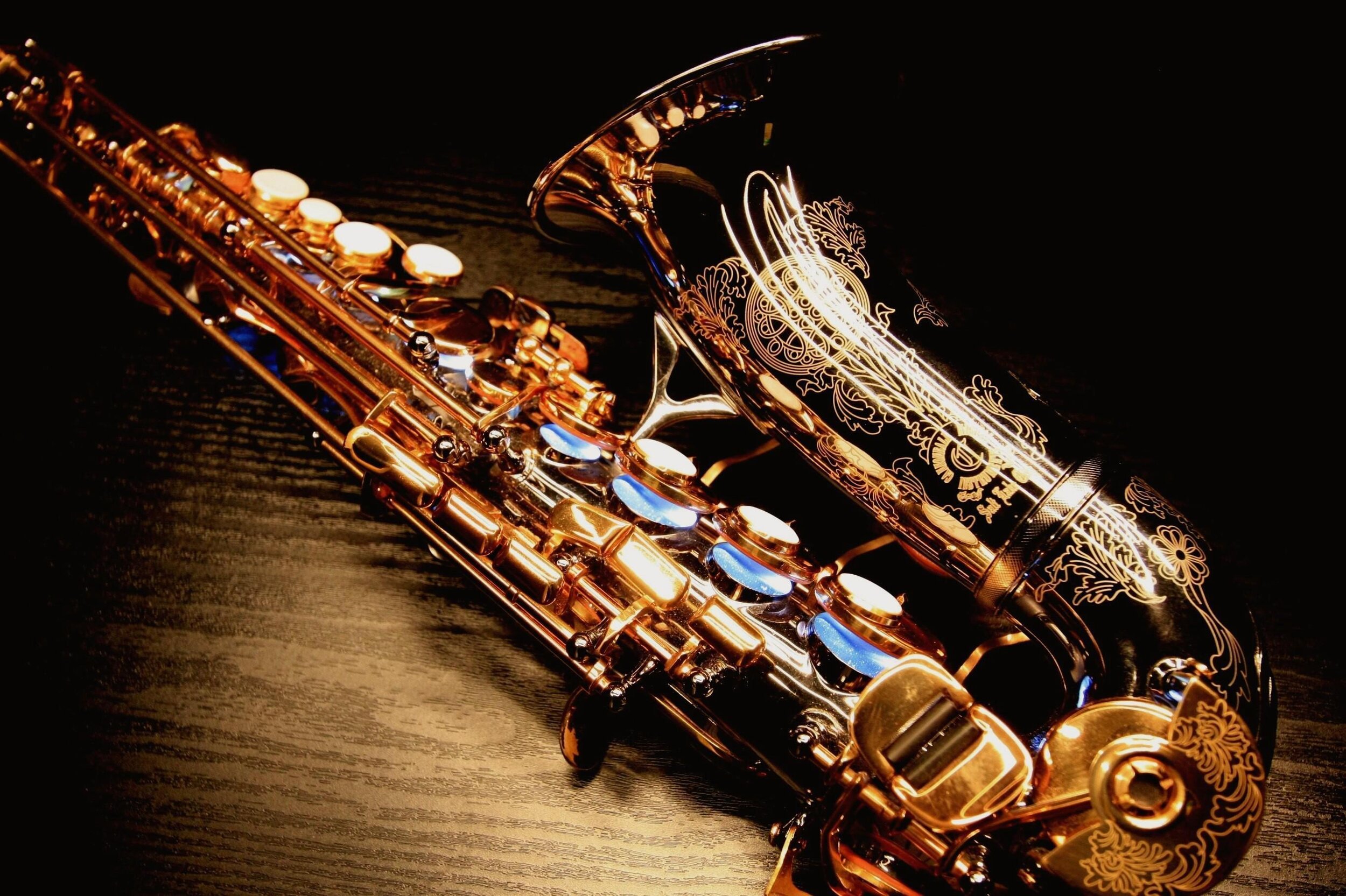Why did the saxophone replace the clarinet in jazz music?
In the 1940’s clarinet was one of the most popular of all jazz instruments. Think of 3 of some of the biggest names in popular music of that era and you’ll come up with “Benny Goodman” (who had many number one hits), “Artie Shaw” (who also had number one hits), and many others including the great Woody Herman, (who also had many hits). All of these were great jazz clarinetists and leaders. The clarinet was also a huge part of Glenn Miller Big Band sound (who was a trombone leader, and according to the “Glenn Miller Story” said the clarinet helped him find his unique sound).
At that same time in the early 40’s, the saxophone was gaining in popularity. Don’t forget that the big band was comprised of 5 saxophones, 4 trombones, and 4 trumpets and rhythm section. The saxophone could more easily compete with the loud brass and add the flavor and energy right for the dance bands of that era. Many saxophonists (who also doubled on clarinet) found that the clarinet had a very popular period in the early 40’s but by the end of the 40’s, with the advent of Bebop, the clarinet started to decline in popularity, and being thought of as more of a swing instrument which began to take on the impression of being passe to the hip new bebop players of the late 40’s and early 50’s. And by the mid 50’s the Hard Bop era which was influenced by rhythm & blues brought the saxophone to even higher popularity.
The clarinet never recovered its place in jazz. The saxophone had many decades of some of the most influential jazz stars of the late 40’s, 50’s right through today’s current jazz music, with Coleman Hawkins, Lester Young, Charlie Parker, Dexter Gordon, Stan Getz, Sonny Rollins, John Coltrane, Michael Brecker to name but a few of the greatest jazz musicians that shaped jazz. With the exception of a few great jazz clarinetists like Buddy DeFranco and Eddie Daniels who always sounded modern and hip, very few other clarinetists ever gained enough popularity to inspire new young clarinetists to play the instrument.
And one final thought that may have led to the unfavorable direction of the clarinet was the simple fact that it’s a much more difficult instrument to play than the saxophone. I don’t think there would be much argument among woodwind doublers (who play both clarinet and saxophone) that the saxophone is a much more logically laid out instrument and much more free blowing than the clarinet. That fact in itself could be the real reason that the saxophone replaced the clarinet in jazz.
